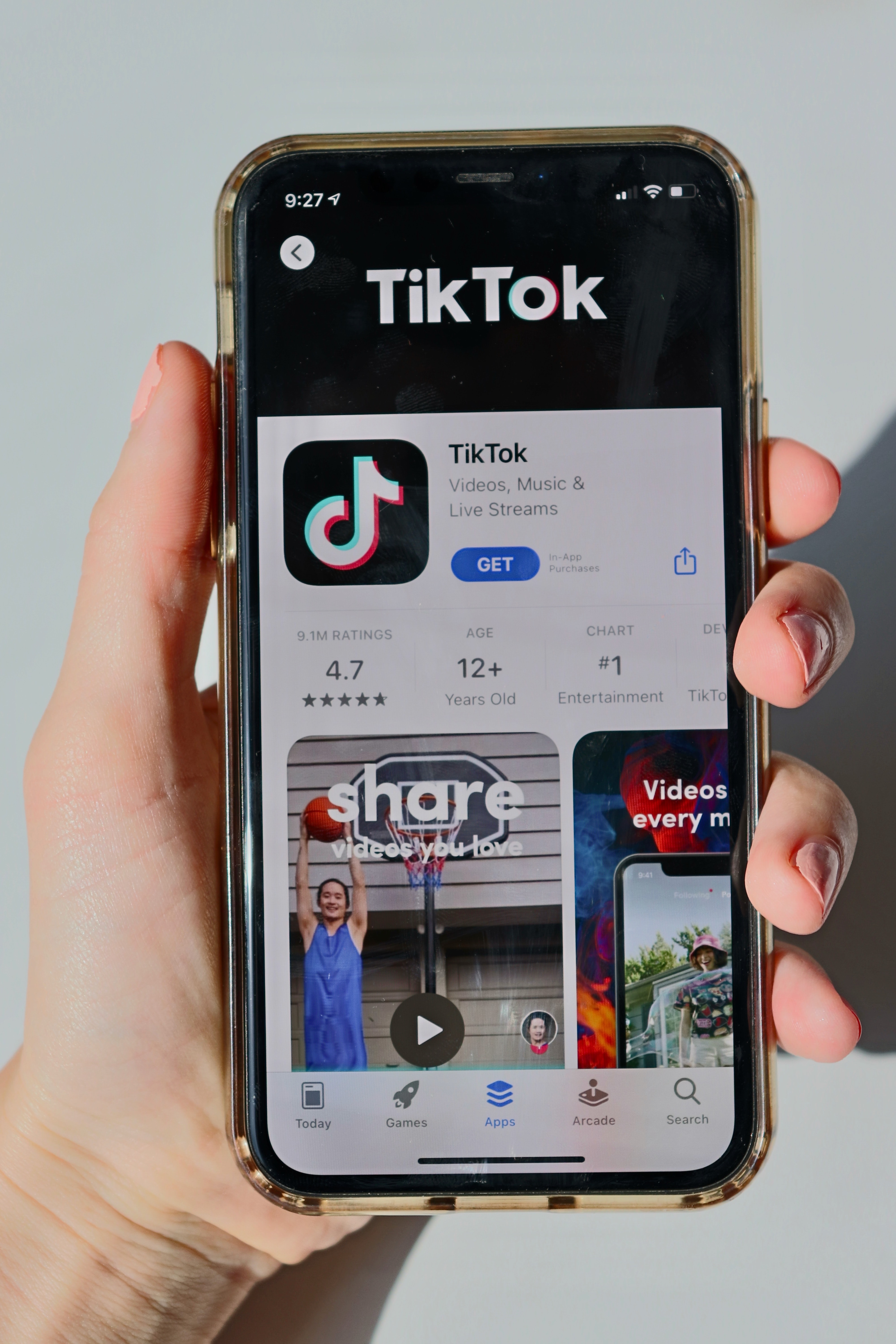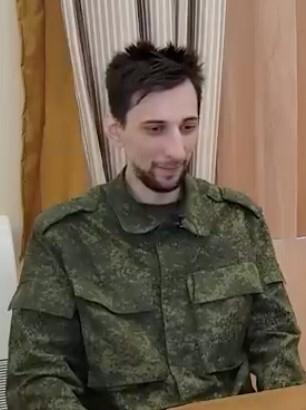Photo by May Gauthier on Unsplash
China’s new ambassador to the EU has warned that more “international cooperation” will be needed to combat another health pandemic.
Fu Cong is the new head of Mission of the Chinese Mission to the EU and was speaking at a briefing organised by the Belgian-Chinese Chamber of Commerce (BCECC) in Brussels on Thursday.
In an open and frank debate, he admitted it would be “difficult” to prevent another health outbreak similar to the coronavirus epidemic that brought much of the world to an effective standstill for two years.
He said, “All countries will need to do their best to prevent another global pandemic but this will be difficult.”
“All of us must enhance our public health capabilities and capacity particularly when it comes to detection so as to contain any future outbreak.”
“It will be very important to contain the disease in its early stages and this will require international cooperation.”
The virus was first detected in Wuhan, China in late December 2019, and was quickly linked to the Huanan Seafood Wholesale Market. China was blamed by some but the source of the pandemic, however, is still hotly disputed.
The ambassador said his country was “grateful” for the support it received from Europe and the rest of the world in the early stages of the outbreak.
But he added, “However, China itself did not sit idly by and do nothing but provided a lot of assistance also to Europe and elsewhere.”
He said, “It will be impossible for any single country to deal with this again but blaming or accusing or smearing others, often without any real evidence, can only harm international cooperation in tackling another outbreak.”
China, he noted, had weathered the worst of the economic fall out from the pandemic “and other challenges.”
It had managed to “stabilise” its economy and, last year, its GDP of $18 trillion had “outperformed” all other major economies.
The ambassador, who took up his new post in Brussels last autumn, addressed an audience made up largely of members of the Belgian business community.
He added, “I believe that this is one of the main lessons we have learned from the pandemic.”
He went on, “Let us remember that the common enemy here is the disease – not each other.”
In a particularly wide ranging address, entitled, “The future of EU-China relations”, he also touched on the conflict in Ukraine, EU-China trade ties and current tensions with Taiwan.
On Ukraine, he said China faced a “dilemma” as it has “close relations with both Russia and Ukraine” but called for an “immediate ceasefire.”
His comments come with Chinese President Xi Jinping reportedly due to speak with Ukrainian President Volodymyr Zelensky after Xi’s likely trip to Russia next week. Beijing released a 12 point peace plan to end the war in Ukraine.
Turning to trade issues, the ambassador said “China and the EU were partners, not rivals.”
He also appealed to the business community, in Belgium and elsewhere, to help forge closer economic and trade ties between the two sides.
Arguably the most contentious issue facing China currently is Taiwan and the perceived threat to the island from Beijing.
However, he sought to defuse tensions, saying he believed a peaceful resolution was possible while backing the official Chinese policy of refusing to rule out the use of force in the event of “third party intervention”.
The diplomat previously served as Deputy Permanent Representative and Ambassador Extraordinary and Plenipotentiary for the Disarmament Affairs of the People’s Republic of China to the United Nations Office at Geneva, and was later appointed Director-General of the Department of Arms Control of the Ministry of Foreign Affairs of China.
In an opening address, Erik Famaey, a Flemish board member of the BCECC, told the debate that the comments by the new head of mission were timely as they came soon after President Xi Jinping was recently re-elected for what he called an “unprecedented” third term.
His comments are even more timely as they came on the day that British government ministers were banned from using Chinese-owned social media app TikTok on their work phones and devices on security grounds.
The UK government fears sensitive data held on official phones could be accessed by the Chinese government.Cabinet Minister Oliver Dowden said the ban was a “precautionary” move but would come into effect immediately.
TikTok has strongly denied allegations that it hands users’ data to the Chinese government.




